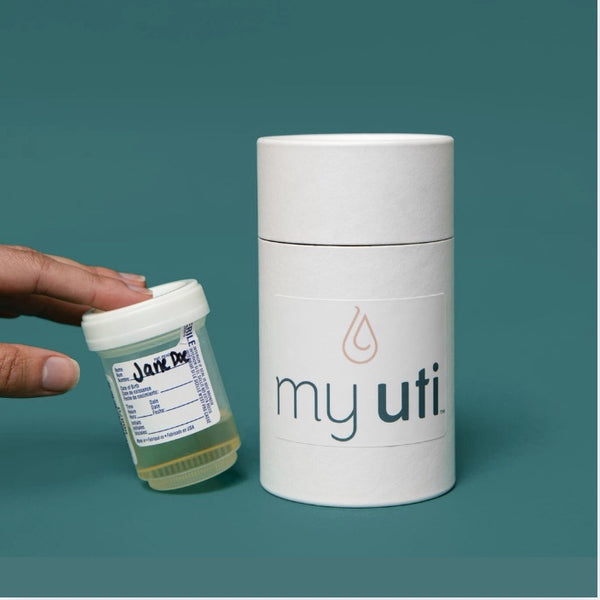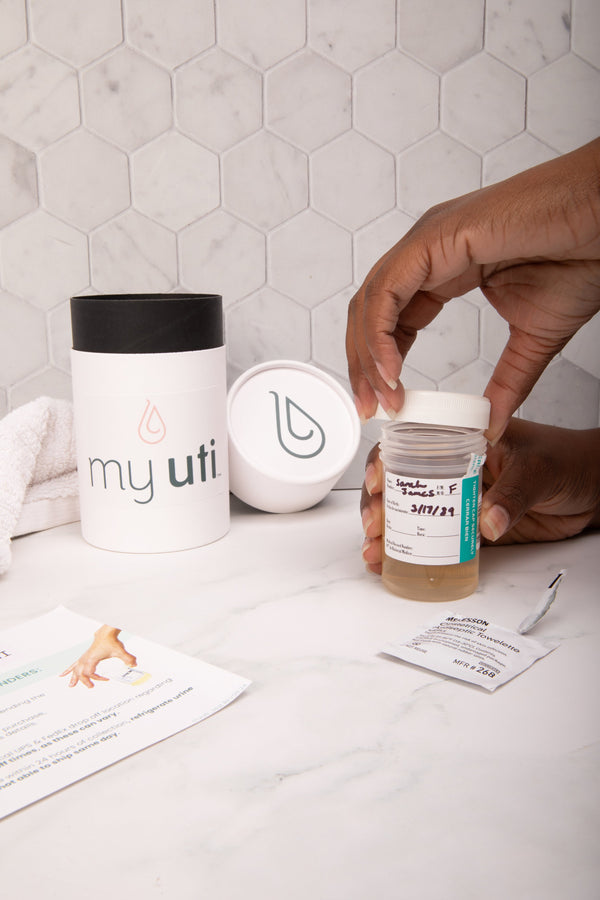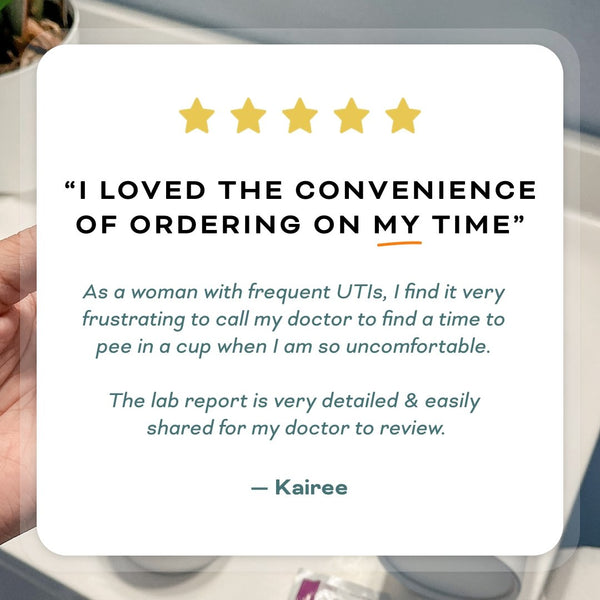Why antibiotics might actually promote chronic UTIs
Jun 15, 2022
Urinary tract infections make life miserable for more than 50% of all women at some point in their lives. And for decades, doctors have relied on antibiotics to blast out the bacteria that cause these painful, life-disrupting episodes.
However, our understanding of UTI causes and cures is changing fast. A team of leading researchers now says that antibiotics may be a temporary cure at best. In fact, these drugs may actually set the stage for chronic and recurring bladder infections.
Has the cure become part of the cause?
Researchers at Washington University School of Medicine in St. Louis and the Broad Institute of MIT and Harvard studied the urinary health of 15 women who suffered from repeat UTIs, comparing them with 16 other women who were generally UTI-free. Curious about the effects of the gut microbiome on the women’s urinary health, the scientists tracked levels of infection-causing bacteria in their stool samples, tested for bacteria in their urine and examined gene expression in blood samples.
Over the course of one year, the women had 24 urinary tract infections. But ALL infections were experienced by those with prior histories of UTIs. What made the difference between the two groups? A look at UTI causes and cures helps explain what the researchers saw.
UTIs are often triggered by Escherechia coli, common bacteria that live in our intestines and often work their way into the urinary tract. Both groups of women had e.coli strains in their guts that could cause UTIs. But the women with recurrent UTIs had weaker, less diverse gut microbiomes than their infection-free peers. In particular, they were missing a good bacterium known as butyrate that works to fight inflammation.
Dozens of prior studies show that antibiotics attack the gut microbiome, killing off helpful organisms that play a key role in fighting future infections. The new study suggests that women who’ve taken antibiotics have weaker defenses against UTI-causing bacteria, making them especially susceptible to stubborn, recurring infections.
Why personal hygiene is NOT the whole story
Scientists behind the new study pointed out that many medical professionals tend to blame a woman’s UTI on her personal habits – an approach they say is truly unfair.
"It's frustrating for people who are coming in to the doctor with recurrence after recurrence after recurrence, and the doctor, who's typically male, gives them advice about hygiene," researcher Scott J. Hultgren, Ph.D., told Apple News.
"The problem lies in the disease itself, in this connection between the gut and the bladder and levels of inflammation,” Dr. Hultgren said. “Basically, physicians don't know what to do with recurrent UTI. All they have is antibiotics, so they throw more antibiotics at the problem, which probably just makes things worse."
Rethinking antibiotics in the UTI treatment mix
Dr. Hultgren and his colleagues are working on an experimental drug based on the sugar mannose, as well as a vaccine – both of which may offer alternatives to antibiotics in the years ahead. But until these cures come on the market, how can you prevent infections from coming back over and over again?
Feed your gut health. Strengthen your microbiome with foods and probiotic supplements that boost your infection-fighting capabilities. Along with proper hydration, this will help your body resist future UTIs. Find tips on clean eating for UTI prevention here – and learn how to rebuild your microbiome after a course of antibiotics here.
Consider using D-mannose and other supplements that can keep harmful bacteria from making themselves at home in your bladder. Learn more about UTI-fighting supplements here.
Explore better, more precise UTI testing that can pinpoint which antibiotic is likeliest to wipe out your infection.
-
MyUTI has developed a new home-based test that uses PCR technology to detect the 12 most common pathogens that cause UTIs.
-
The test also looks for the 3 most common signs of antibiotic resistance – crucial findings that can help your doctor choose the treatment likely to bring relief while assuring careful, responsible use of antibiotics.










